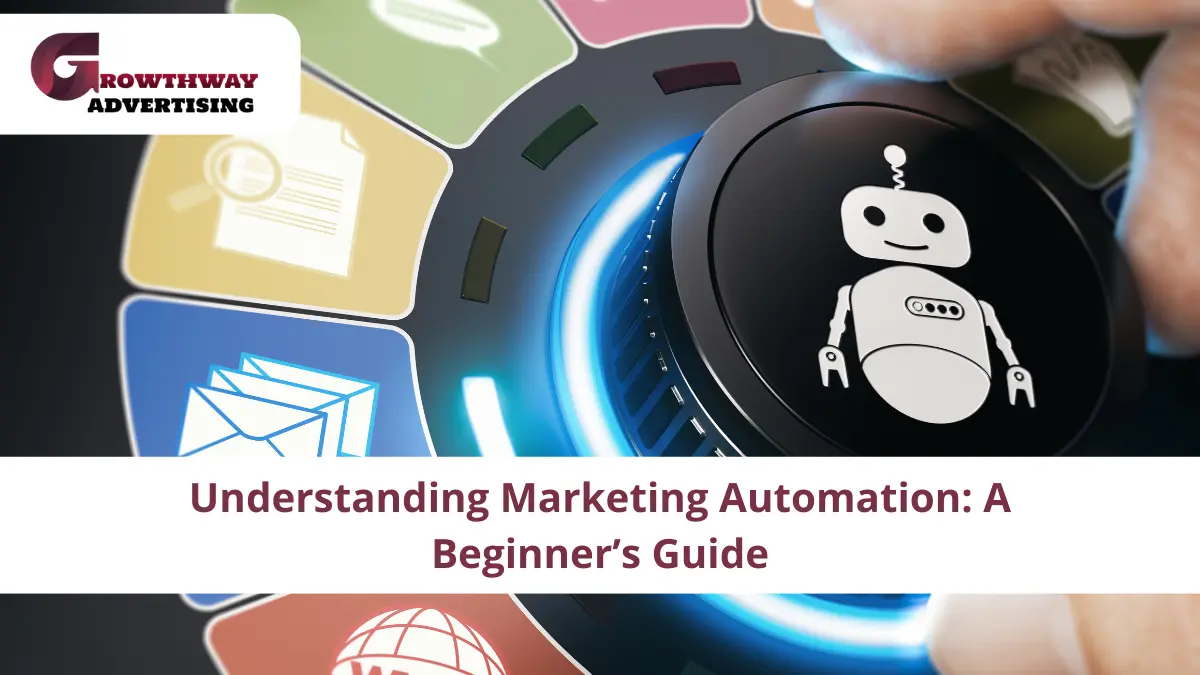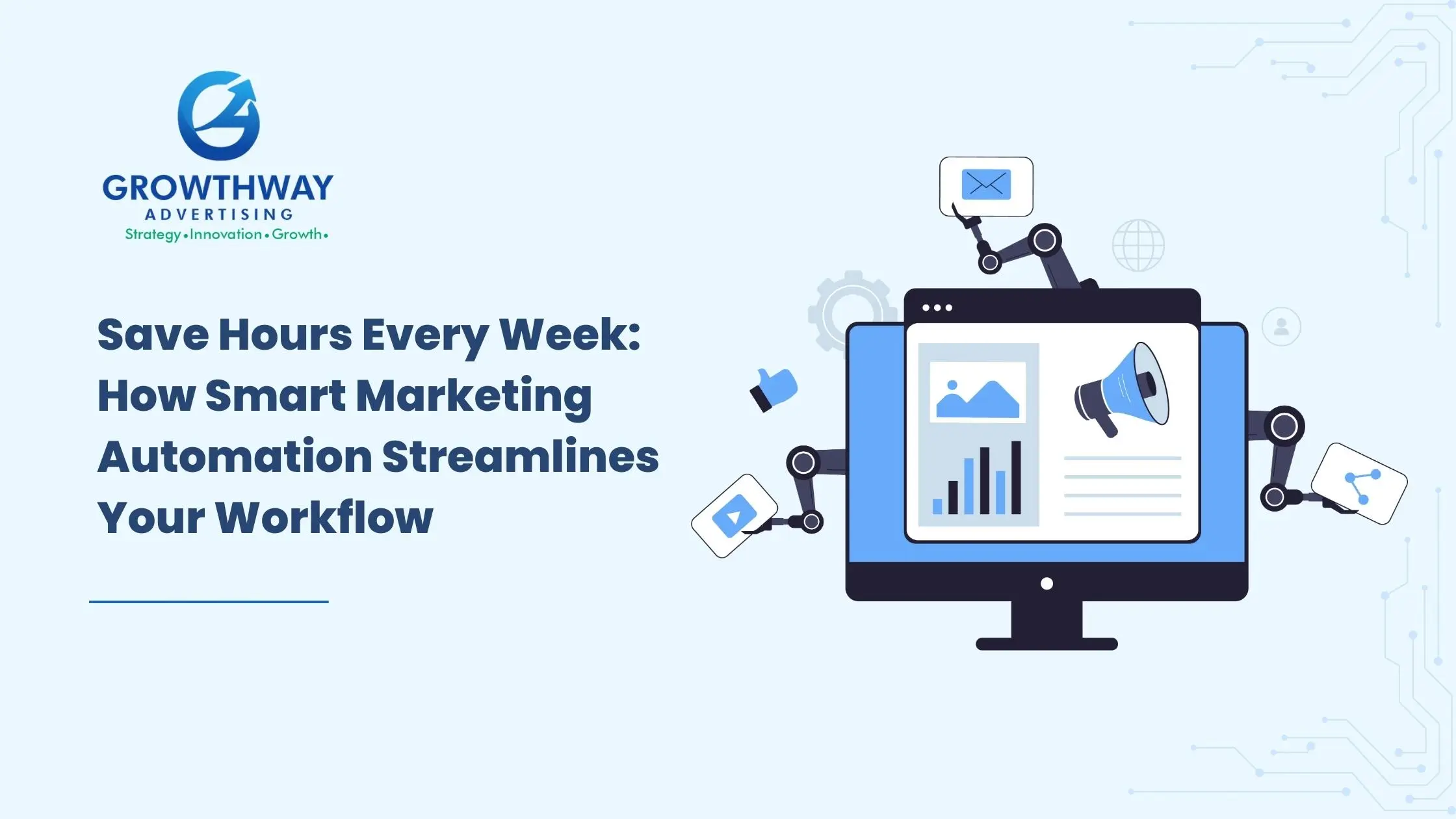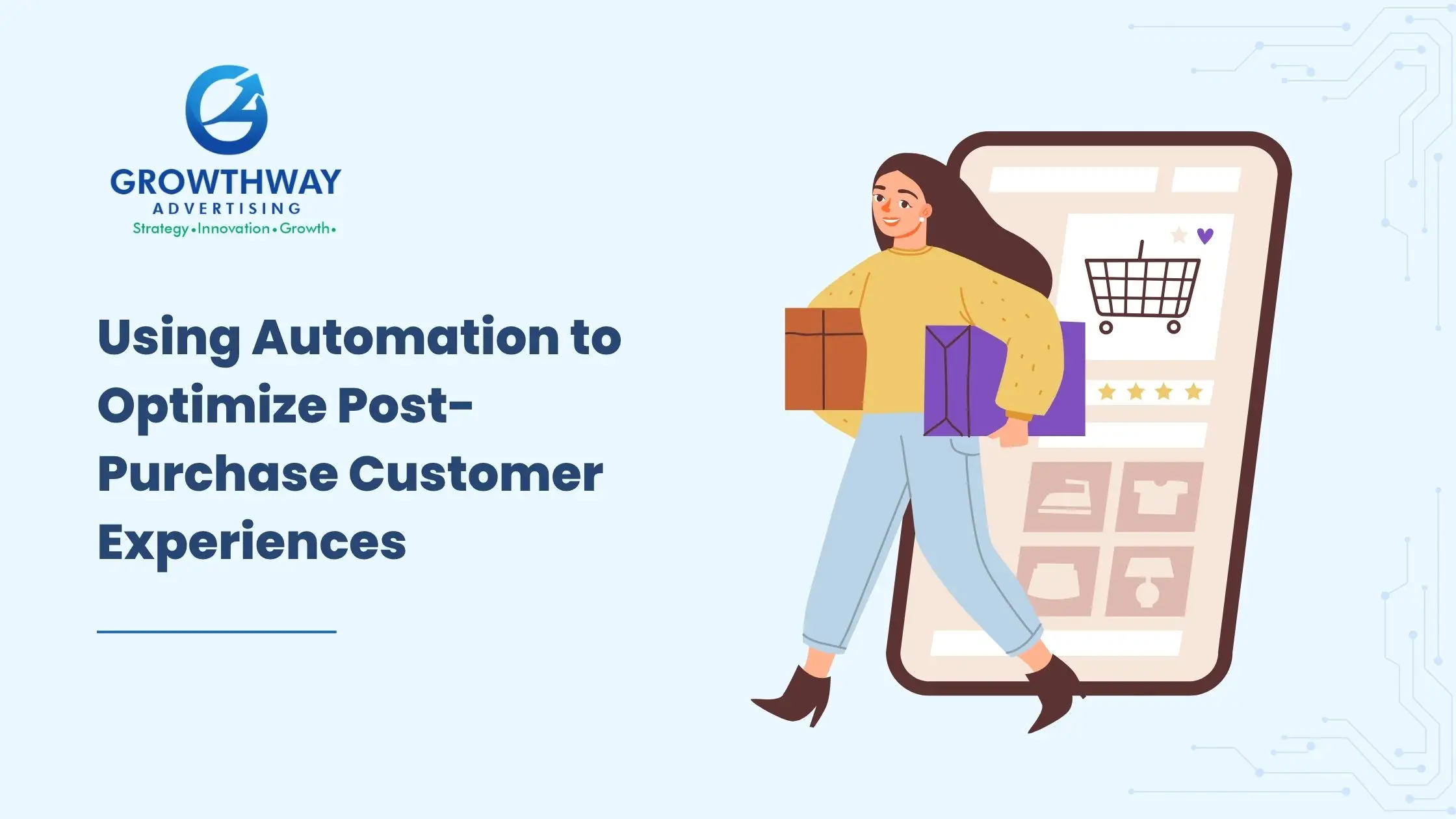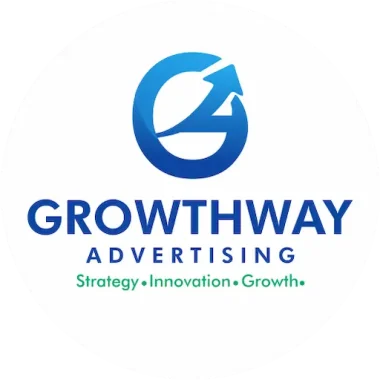Businesses need to operate efficiently with their audiences through numerous marketing activities in the fast-moving digital environment of today. This is where Marketing Automation for Beginners comes into play. The system of marketing automation allows businesses to handle recurrence in marketing operations while building better consumer relationships that results in increased conversions. The following guide shows beginners step-by-step processes for effective automation usage.
What is Marketing Automation?
The process that combines software solutions and technical instruments to operate marketing functions which includes email marketing automation alongside social media task verification and customer profile classification and lead relationship enhancement. The system helps companies optimise workflow processes and create individualized contact experiences and increase marketing process effectiveness.
By using Marketing Automation Platforms, businesses can automate workflows, schedule communications, and track user behavior, ensuring timely and relevant messaging for potential customers.
Why is Marketing Automation Important?
Digital marketing complexity has reached such proportions that automation tools have become necessary to implement. Key benefits include:
- Time becomes more efficient through the automation of monotonous work including email distribution and social media profile updating.
- Through automation businesses can send customized messages to wide groups of contacts without needing human intervention.
- Through Lead Nurturing businesses achieve better lead cultivation when they use personalized content for users according to their behavioral patterns.
- Data-Driven Decisions: Marketing automation tools provide valuable analytics and insights to optimize marketing efforts.
Key Components of Marketing Automation
1. Email Campaign Automation
One of the most common uses of marketing automation is Email Campaign Automation. Business organizations can develop computerized email series which guides potential customers through the lead generation stage and helps new customers adapt and maintains active client relationships.
The system of automated emails directs to customers who abandon their cart and prompts them to finalize their purchase at an e-commerce store.
Popular email automation tools include:
- Mailchimp
- HubSpot
- ActiveCampaign
- Drip
2. Marketing Automation Platforms
The Marketing Automation Platform delivers software solutions which offer users different automated functions including lead scoring alongside email automation and CRM integration together with campaign monitoring.
Some well-known Marketing Automation Platforms include:
- HubSpot
- Marketo
- Pardot
- SharpSpring
Businesses can effectively conduct marketing strategies while running workflows smoothly through these platforms.
3. Marketing Automation Tools
Beyond platforms, businesses can use specialized Marketing Automation Tools to enhance their digital marketing efforts. These tools include:
- Customer Relationship Management (CRM) Software – Salesforce, Zoho CRM
- Businesses can use Hootsuite together with Buffer for Social Media Automation functions.
- LeadSquared together with Salesflare enables business operations for both lead scoring and tracking purposes.
- Two automation tools include Drift and ManyChat among others.
Through this automation technology employees gain the ability to manage several marketing operations including interactions with customers and content publishing.
How Digital Marketing Automation Works
Digital marketing automation involves creating workflows that trigger actions based on specific user behaviors. For example:
- Your website provides an ebook download opportunity to visitors who choose to bring it to their devices.
- New visitors immediately obtain welcome correspondence that carries supplementary beneficial materials.
- The email subscriber receives a subsequent communication after first opening the email which includes a product demonstration offer.
- The system sends another email to users who do not interact with the initial communication a few days after the first message.
The implementation of automated lead interactions enables businesses to carry out efficient lead development without the necessity of manual handling.
Choosing the Right Marketing Automation Services
Selecting the right automated marketing services depends on business needs, budget, and goals. Consider these factors:
- To address your business growth you need to select a tool which shows scalability.
- The system becomes easier to use because its interface design offers friendly features to implement operations rapidly.
- When selecting platforms choose systems which possess the ability to connect with CRM and analytics applications.
- Search for tools which present the ability to make customized and personalized connections with clients.
Popular marketing automation services include:
- HubSpot (for small to medium businesses)
- Marketo (for enterprise-level marketing)
- ActiveCampaign (for email automation)
- Drip (for e-commerce automation)
Best Practices for Implementing Marketing Automation
- Your first step should be to decide precisely what goals you want to accomplish through this system like lead nurturing together with customer retention alongside enhanced conversions.
- Your marketing solutions will become more effective when you group your audience according to their behavior and preferences along with their demographic characteristics.
- Automated messages must contain meaningful content that delivers value to customers in an interesting manner.
- The process of automation workflow evaluation must be followed by routine inspections which lead to workflow adjustments according to performance results.
- The constant use of automation tools should be balanced since highly repetitive communications can cause users to disconnect.
By following these best practices, businesses can maximize the effectiveness of their marketing automation services and drive better marketing results.
Frequently Asked Questions
Marketing automation means using software to make marketing easier. It helps you send emails, post on social media, and keep track of potential customers—without doing it all manually.
Any business that wants to save time and connect better with customers can use marketing automation. It works for both small and large businesses.
You can set up things like email newsletters, social media posts, tracking what people do on your website, and figuring out which customers are most interested in your product or service.
No, it’s not just for online businesses. Any business—whether it’s online, in-store, or both—can use marketing automation to improve their marketing.
Not at all. Most marketing automation tools are easy to use and come with guides or support to help you get started—even if you’re not tech-savvy.








